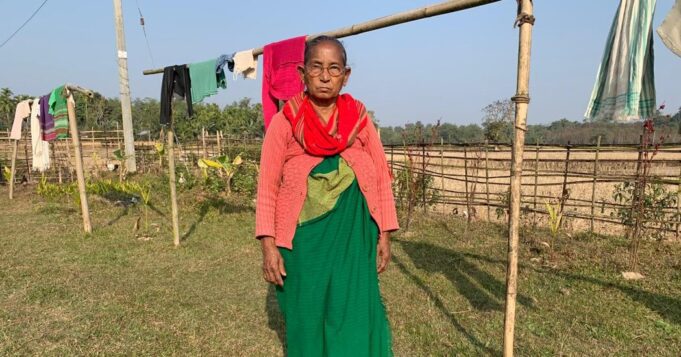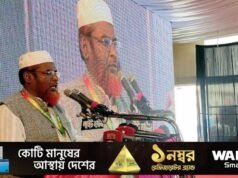Witch hunt victims face brutal punishment, according to “A modern witch hunt” A 2015 report by the Indian legal nonprofit Development Law Partners noted that women can be subjected to “forced stripping,” “parading naked in public, hair cutting, face blackening, nose cutting, teeth extraction, eye gouging, flogging, gang rape, forced consumption of excrement, cow dung” or “hanging, beheading, lynching or burying alive,” the report said.
Ms. Rabha traveled through villages in Assam, calling out the practice and declaring that there was no such thing as a “witch.” She had long been skeptical of folk superstitions and witch doctors, who would chant spells over young women to exorcise what they believed to be evil spirits. As a young mother, Ms. Rabha was told by a local witch doctor that her mentally ill son would soon die, but that was not to be the case. This false prophecy in the 1980s was the seed of her advocacy work, which she began to pursue in earnest around 2000.
That year, she stood up for five women accused of being witches at a meeting in her village of Lakkipur, Assam; the next day, she did not back down when hundreds of villagers surrounded her house.
Usha Rabha recalled her first rescue mission with Ms. Rabha, in 2006, when a mob armed with sticks surrounded them in a neighboring state. “I was terrified,” she said. But Birubala “was not scared at all,” Ms. Rabha said. When the police came to rescue the women, she said, Birubala “berated the police and said, ‘I will not stop until I finish my job.’ ”
In the early 2000s, Birubala Rabha allied herself in Assam with the state’s former police chief, Kuladar Saikia. “She would come to me, meet me, discuss these issues,” Saikia recalled in an interview, adding, “She told me that she was standing up against social injustice.”









